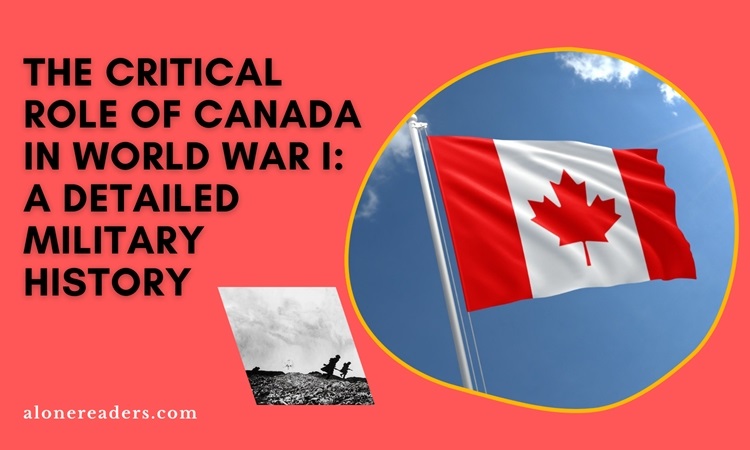
World War I marked a significant chapter in Canada's military history, showcasing its emergence from a British dominion to a proud, capable nation on the world stage. Before the war, Canada was seen largely as a British colony, but the conflict would change its global standing forever. This transformation was neither easy nor without sacrifice, as the war brought profound challenges and losses.
Canada's involvement in World War I began in August 1914, immediately after Britain declared war on Germany. As a dominion of the British Empire, Canada was automatically drawn into the conflict. Despite having a small standing army at the time, Canada's response was swift and robust. Thousands of Canadians volunteered for service, reflecting a strong sense of patriotism and duty. This initial wave of enthusiasm led to the formation of the Canadian Expeditionary Force (CEF), which would play a crucial role in various theatres of the war.
The first major engagement for Canadian troops was the Second Battle of Ypres in April 1915. This battle was significant for several reasons. It marked the first large-scale use of poison gas as a weapon, which the Germans deployed against the Allied lines. Canadian soldiers, although unprepared for chemical warfare, showed remarkable resilience and managed to hold their ground, preventing a major German breakthrough. The Battle of Ypres not only tested the Canadian soldiers' mettle but also earned them a reputation for bravery and effectiveness.
One of the most defining moments for Canada during World War I was the Battle of Vimy Ridge in April 1917. This battle is often considered a turning point in Canadian military history. Vimy Ridge, a strategic high ground held by the Germans, had resisted previous Allied attempts to capture it. The Canadian Corps, under the leadership of Lieutenant-General Sir Julian Byng, meticulously planned and executed an assault that combined artillery, infantry, and tactical innovation. The successful capture of Vimy Ridge was a significant military achievement and a moment of national pride for Canada. It demonstrated the effectiveness of Canadian troops as a cohesive fighting force and contributed to the growing sense of national identity in Canada.
Another notable contribution of Canadian forces was their involvement in the Battle of Passchendaele in late 1917. This battle, characterized by its muddy, treacherous terrain and heavy casualties, tested the limits of human endurance. Canadian troops played a pivotal role in capturing Passchendaele, but at a high cost. The battle exemplified the brutal nature of trench warfare and the extreme conditions faced by soldiers on the Western Front.
The Canadian military also made significant contributions in other theatres of the war. The Royal Naval Canadian Volunteer Reserve (RNCVR) played a role in protecting shipping routes and engaging in naval battles. Canadian airmen served in the Royal Flying Corps and the Royal Naval Air Service, showcasing bravery and skill in the burgeoning field of aerial warfare.
Throughout the war, the Canadian home front was equally engaged in the war effort. Women entered the workforce in unprecedented numbers, taking on roles in munitions factories, as well as in medical and support services. This change not only contributed to the war effort but also had lasting implications for gender roles in Canadian society.
The end of World War I saw a transformed Canada. The country had suffered approximately 60,000 deaths and many more wounded, a significant toll for a nation of its size. The war brought about political changes, including increased autonomy from Britain and a seat at the Treaty of Versailles negotiations. The sacrifices and achievements of Canadian soldiers during the war fostered a sense of national identity and pride.
Canada's military history during World War I is a testament to the courage, resilience, and determination of its people. From the muddy trenches of Ypres and Passchendaele to the historic victory at Vimy Ridge, Canadian troops demonstrated their mettle and contributed significantly to the Allied victory. The war also marked a turning point in Canada's journey towards becoming an independent nation, respected and recognized on the global stage. The legacy of those who served continues to be a source of national pride and a crucial part of Canada's historical identity.